Elizabeth Audrey Gordon is a former New Zealand politician. She was an MP from 1996 to 2002, representing the Alliance.
Health psychology is the study of psychological and behavioral processes in health, illness, and healthcare. The discipline is concerned with understanding how psychological, behavioral, and cultural factors contribute to physical health and illness. Psychological factors can affect health directly. For example, chronically occurring environmental stressors affecting the hypothalamic–pituitary–adrenal axis, cumulatively, can harm health. Behavioral factors can also affect a person's health. For example, certain behaviors can, over time, harm or enhance health. Health psychologists take a biopsychosocial approach. In other words, health psychologists understand health to be the product not only of biological processes but also of psychological, behavioral, and social processes.
The Dunedin Multidisciplinary Health and Development Study is a detailed study of human health, development and behaviour. Based at the University of Otago in New Zealand, the Dunedin Study has followed the lives of 1037 babies born between 1 April 1972 and 31 March 1973 at Dunedin's former Queen Mary Maternity Centre since their birth. Teams of national and international collaborators work on the Dunedin Study, including a team at Duke University in the United States. The research is constantly evolving to encompass research made possible by new technology and seeks to answer questions about how people's early years have an impact on mental and physical health as they age.
Occupational health psychology (OHP) is an interdisciplinary area of psychology that is concerned with the health and safety of workers. OHP addresses a number of major topic areas including the impact of occupational stressors on physical and mental health, the impact of involuntary unemployment on physical and mental health, work-family balance, workplace violence and other forms of mistreatment, psychosocial workplace factors that affect accident risk and safety, and interventions designed to improve and/or protect worker health. Although OHP emerged from two distinct disciplines within applied psychology, namely, health psychology and industrial and organizational psychology, for a long time the psychology establishment, including leaders of industrial/organizational psychology, rarely dealt with occupational stress and employee health, creating a need for the emergence of OHP. OHP has also been informed by other disciplines, including occupational medicine, sociology, industrial engineering, and economics, as well as preventive medicine and public health. OHP is thus concerned with the relationship of psychosocial workplace factors to the development, maintenance, and promotion of workers' health and that of their families. The World Health Organization and the International Labour Organization estimate that exposure to long working hours causes an estimated 745,000 workers to die from ischemic heart disease and stroke in 2016, mediated by occupational stress.

Darrin James Hodgetts is a New Zealand psychology academic. He is a professor of societal psychology at Massey University and is a principal investigator with Ngā Pae o te Māramatanga. Of Māori descent, Hodgetts affiliates to the Ngāi Tahu iwi.

Margaret Anne Tennant is a New Zealand historian, currently Professor Emeritus at Massey University.
A psychosocial hazard or work stressor is any occupational hazard related to the way work is designed, organized and managed, as well as the economic and social contexts of work. Unlike the other three categories of occupational hazard, they do not arise from a physical substance, object, or hazardous energy.
Andrew Patrick Arthur Steptoe is a British psychologist and epidemiologist and Head of the Department of Behavioural Science and Health at University College London. He is a pioneer in health psychology and behavioural medicine in the UK and internationally, known for his work on psychosocial factors in cardiovascular disease, ageing, and positive wellbeing and health.
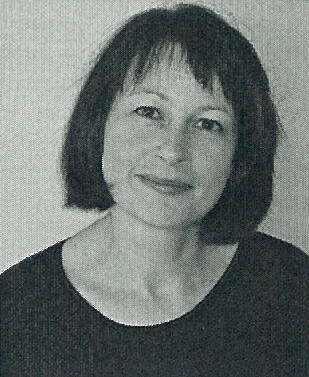
Antonia Catherine Lyons is a critical health psychologist and academic at the University of Auckland.

Fiona Margaret Alpass is a New Zealand academic at Massey University.
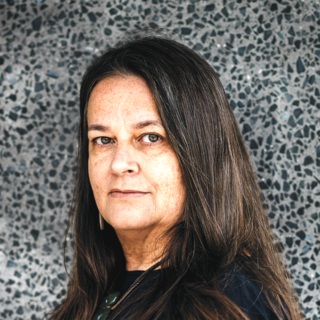
Helen Moewaka Barnes is a New Zealand academic. She is Māori, of Te Kapotai (Ngāpuhi) and Ngapuhi-nui-tonu descent, and is currently a full professor at Massey University. In 2021 she was elected as a Fellow of the Royal Society Te Apārangi.

Claire Massey is a New Zealand agribusiness academic. As of 2018, she is a full professor at the Massey University.
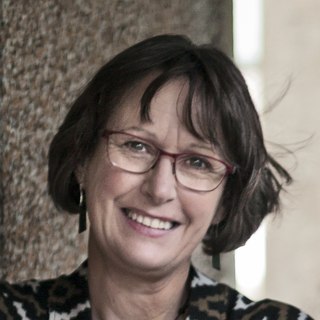
Jacqueline Ruth Sanders is a New Zealand social work academic, and professor in the School of Social Work at Massey University.
Kaarin Anstey is an Australian Laureate Fellow and one of Australia's top dementia scientists. She is Co-Deputy Director of the ARC Centre of Excellence in Population Ageing Research (CEPAR) at the University of New South Wales, Australia, where she is Scientia Professor of Psychology. Kaarin Anstey is an Honorary Professor at the Australian National University and a Fellow of the Academy of the Social Sciences in Australia. She is a Director of the NHMRC Dementia Centre for Research Collaboration, Senior Principal Research Scientist at NeuRA and leads the NHMRC Centre of Research Excellence in Cognitive Health and the UNSW Ageing Futures Institute.
Valerie A. Wright-St Clair is a New Zealand registered occupational therapist, occupational scientist and Professor of Social Gerontology and Occupational Science in the School of Health Sciences at Auckland University of Technology (AUT).

Jaimie F Veale is a Canadian-New Zealand psychology academic, and as of 2021 is a senior lecturer at the University of Waikato.
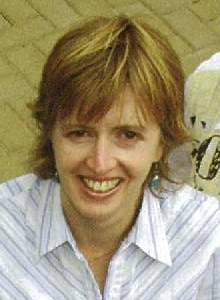
Juliana Mansvelt is a New Zealand social geographer and is a full professor at Massey University, specialising in the geographies of ageing and consumption.
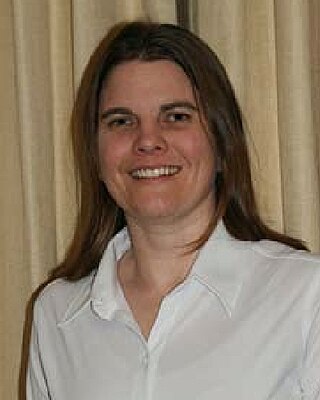
Kathryn Louise Beck is a New Zealand academic, a registered dietitian, and is a full professor at Massey University, specialising in dietary assessment, sustainable nutrition, and iron deficiency in young women and sportspeople.
Annemarie Gillies is a New Zealand Māori academic, and is Professor of Māori Research at the Eastern Institute of Technology in Hawke's Bay. She was formerly a professor at Massey University.

Patricia Elizabeth Florence Bradbury is a New Zealand academic, who retired as a full professor at Massey University, specialising in sport management, in December 2023. In 2024, she was appointed an Officer of the New Zealand Order of Merit, for services to sport and education.












